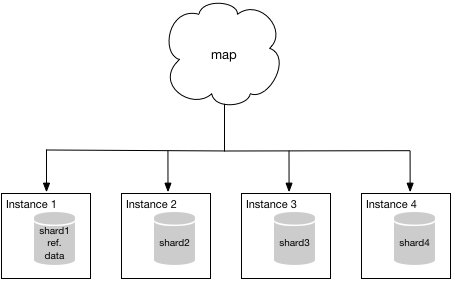AWS Database Blog
Tag: Amazon Aurora
Eduphoria Uses Amazon Aurora to Give Educators Superpowers
Eduphoria is making great use of Amazon Aurora and other AWS database services. In this guest post, you can learn about how they use Amazon Aurora to scale their read workload while saving costs. This post was written by Aaron Dulaney, director of infrastructure operations at Eduphoria. At Eduphoria, we provide K–12 educators the tools […]
Amazon Aurora Under the Hood: Fast DDL
Anurag Gupta runs a number of AWS database services, including Amazon Aurora, which he helped design. In the Under the Hood series, Anurag discusses the design considerations and technology underpinning Aurora. Amazon Aurora is a MySQL-compatible database that combines the speed and availability of high-end commercial databases with the simplicity and cost-effectiveness of open-source databases. […]
Reduce Resource Consumption by Consolidating Your Sharded System into Aurora
Ed Murray is a manager at Amazon Web Services. When faced with the prospect of scaling your relational workload, you have generally had two options available: scale up or scale out. Scaling up is easy—just buy a bigger database host. Scaling out is more difficult. It requires you to shard your database into several physically […]
Auditing an Amazon Aurora Cluster
At re:Invent, we announced a number of new features for Amazon Aurora, the MySQL-compatible relational database engine that combines the speed and availability of high-end commercial databases with the simplicity and cost-effectiveness of open source databases. Today we are happy to announce that our advanced auditing feature is now available to all customers. What is […]
Introducing the Aurora Storage Engine
What Is Amazon Aurora? Amazon Aurora is a MySQL and PostgreSQL compatible relational database service that combines the speed and availability of high-end commercial databases with the simplicity and cost-effectiveness of open source databases. Amazon Aurora provides up to five times better throughput than MySQL and three times better throughput than PostgreSQL with the security, availability, […]




